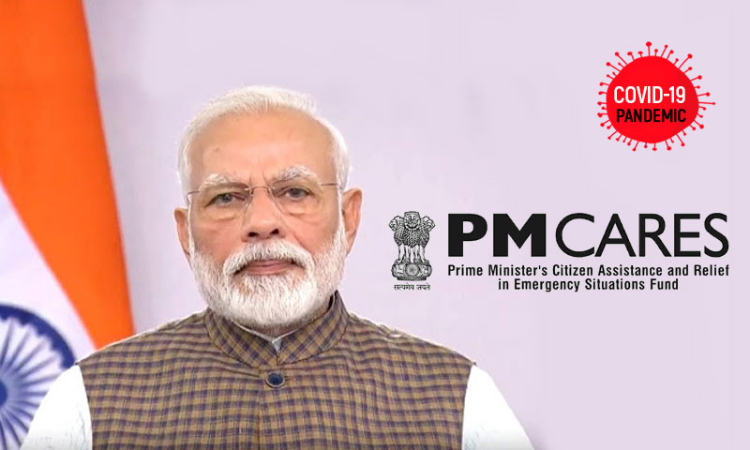Senior Advocate Shyam Divan today told the Delhi High Court that the PM CARES Fund satisfies all the criteria for being declared as "State" under Article 12 of the Constitution and that even functionaries like Vice President of India and Cabinet Ministers are under an impression that it is a Government Fund.The development comes in the plea seeking declaration that PM CARES Fund is "State"...

